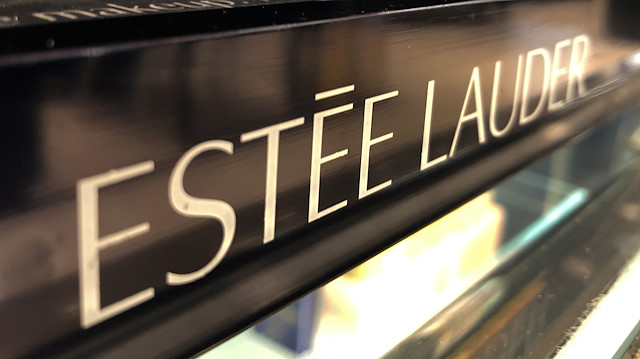

File photo
DOUBLE WHAMMY
The epidemic has hit luxury brands while they are still reeling from a plunge in sales in the shopping hub of Hong Kong following months of often violent protest.
Some offset that thanks to growth in mainland China last year, but the coronavirus epidemic has put paid to that.
American Airlines and United Airlines among others have suspended flights from U.S. hubs not just to mainland China but also to Hong Kong, one of the world's top five luxury destinations, due to low demand.
The outbreak also coincided with China's Lunar New Year holiday, which last year saw shoppers rack up about $150 billion in spending, including on travel and restaurants.
Chinese consumers account for more than a third of global spending on luxury goods, with most purchases made abroad. On average, Chinese buyers in Europe spend 790 euros ($865) per purchase, but that can rise to 2,800 euros if they splurge on jewellery, according to tax-free shopping specialist Planet.
They have fuelled the sector's breakneck growth of the past decade and accounted for 90% of last year's increase in revenues to 281 billion euros, consultancy Bain & Company estimates.
"Because the Chinese represent a third of the luxury audience, any percentage point that you lose in sales ends up equating to quite a sizeable impact in terms of bottom line," David Perrotta, Planet's UK country manager, told Reuters.
This week, Estee Lauder, which makes Clinique skincare products, Coach handbag maker Tapestry and Capri, the owner of Michael Kors, Versace and Jimmy Choo, all cut their profit forecasts for the year due to the virus outbreak.
Ralph Lauren has shut about half of its 110 stores in China, while jewellery maker Pandora said business in the country was at a standstill.
Make-up specialist L'Oreal said e-commerce, which accounts for almost 50% of its sales in China, would help it weather the crisis, but still expected an impact on demand.
Louis Vuitton owner LVMH, the world's biggest luxury group, has said that if the virus spread is contained by the end of March its impact wouldn't be too bad. Yet it reported a 40% drop in Hong Kong revenues in the fourth quarter and the health scare is likely to hit its duty-free business.
The French conglomerate, which recently bought U.S. jeweller Tiffany, is better placed to cope than others thanks to a strong U.S. business, said Bernstein analyst Luca Solca, who also favours Moncler and EssilorLuxottica.
Firms like Richemont, Swatch and Kering are more exposed, as they make between 45% and 59% of their revenues from Chinese nationals, according to Bernstein.
($1 = 0.9128 euros)
#coronavirus
#luxury goods
#Burberry
#Estee Lauder
#Valentino
#Swatch

